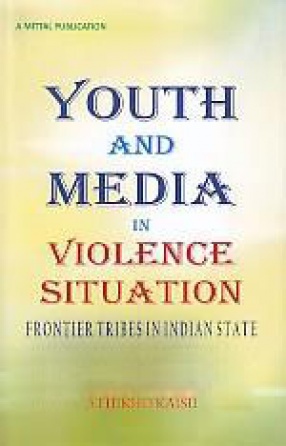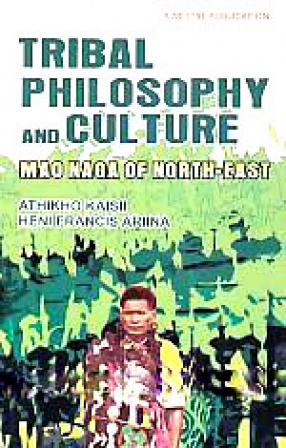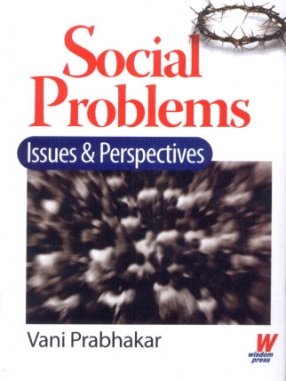Paradoxically, along with the increase of avenues and opportunities, problems that confront the youth are more than at any time in history. Youth are at a transition not only from childhood to adulthood but the social conditions also created further issues. For the youth of the frontier tribes, violence is increasingly becoming part of their everyday lives. Those forces that constructed and made them as international frontier community to interstate continuous to deny them of their aspiration to live in a single administrative roof. Amidst such complex situation, the media is not mitigating to ameliorate the issue as reactionary approach of the media seldom contributes. Under such situation, issues on education and other topical problems cannot be studied in isolation. Education is widely regarded as the gateway to progress. Nonetheless, despite the increasing rate of literacy, the current educational system hardly produces a self-reliance and secure educated youth. In addition, non-holistic curriculum results in not only weak interest in studies but also alienated from one’s history and culture. Together with this, the traditional socio-religious values are crumbling and traces of these are looked upon with cynicism. This confusion is the accumulated affect of socio-religious change as there is inadequate infusion of identical practices exist in both oral tradition and in new found socio-religious life.
Contents: 1. Concepts, problems and methods. 2. Naga political trajectory and frontier tribes. 3. Dimensions of socio-economic change. 4. Territorial issue, ethnic tension and media. 5. Structural constraints of education and unemployment. 6. Oral tradition, christianization and youth. Conclusion.






There are no reviews yet.